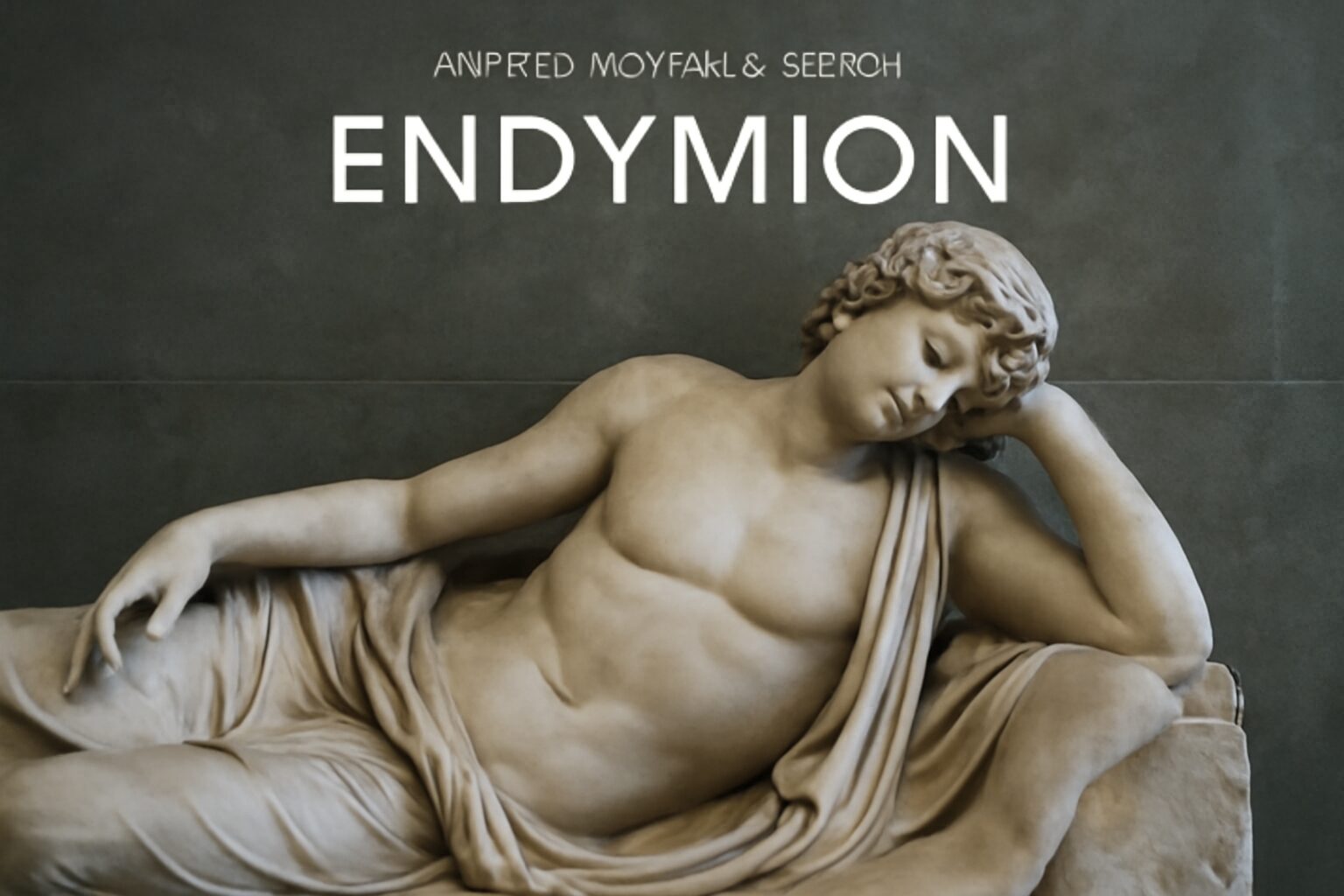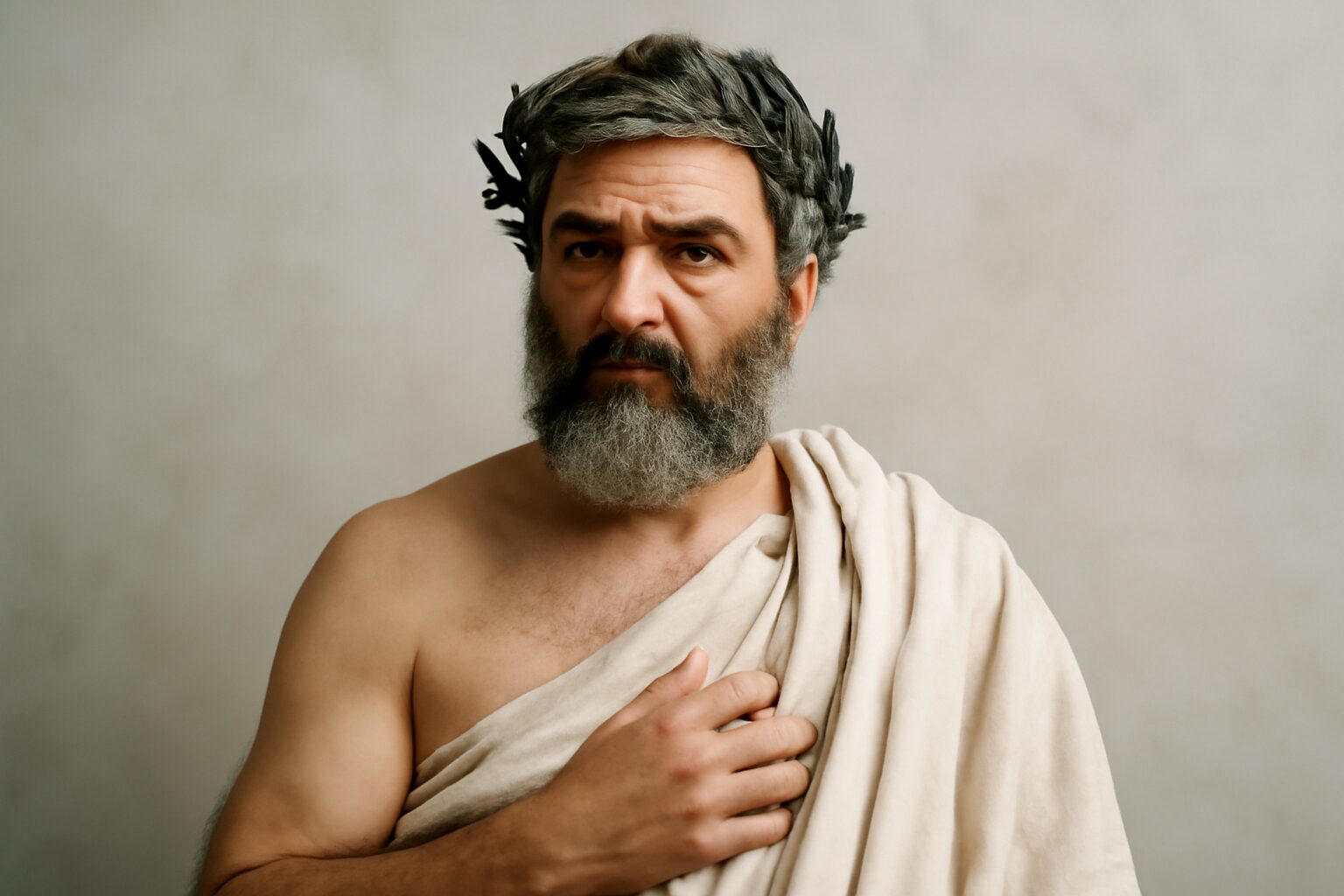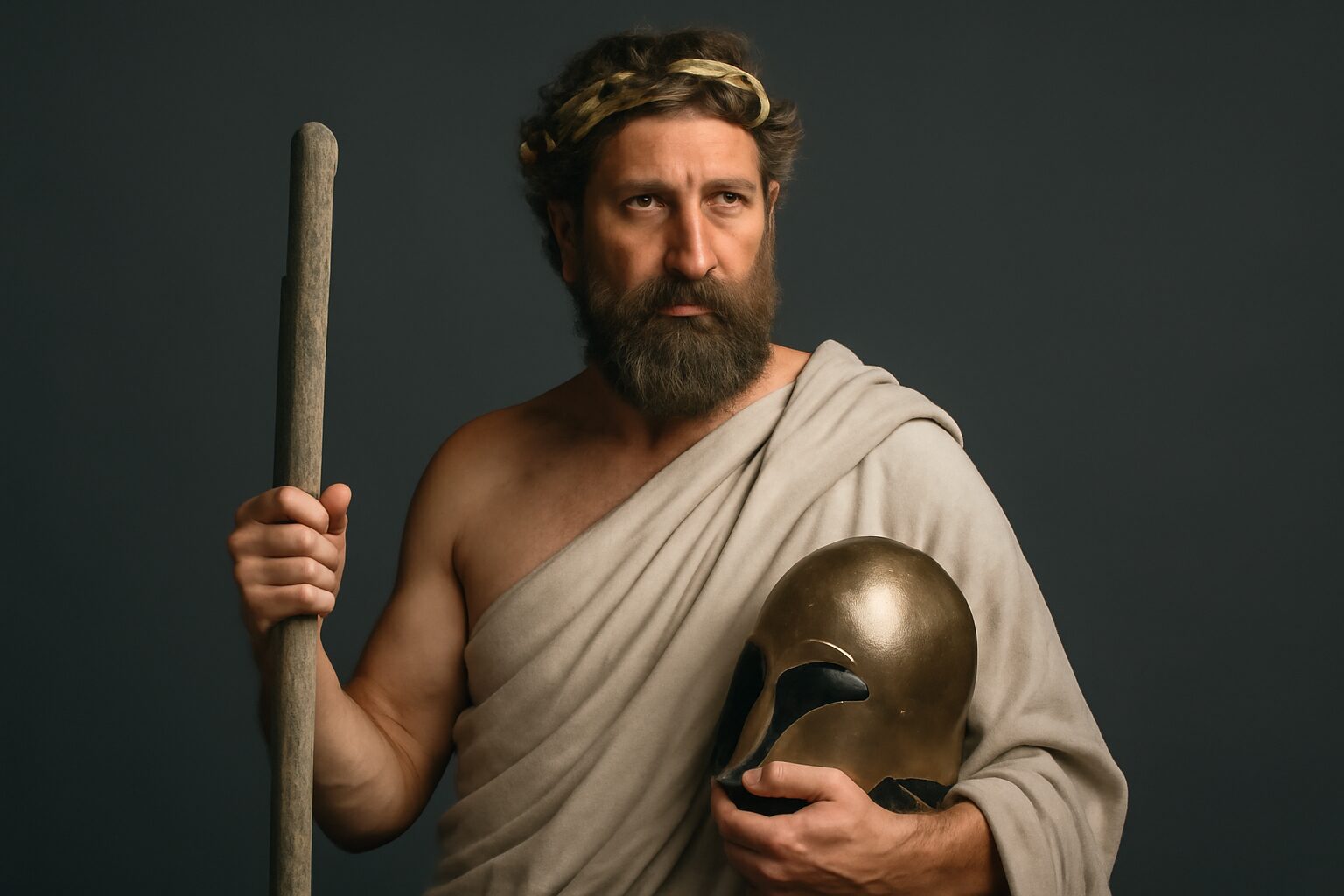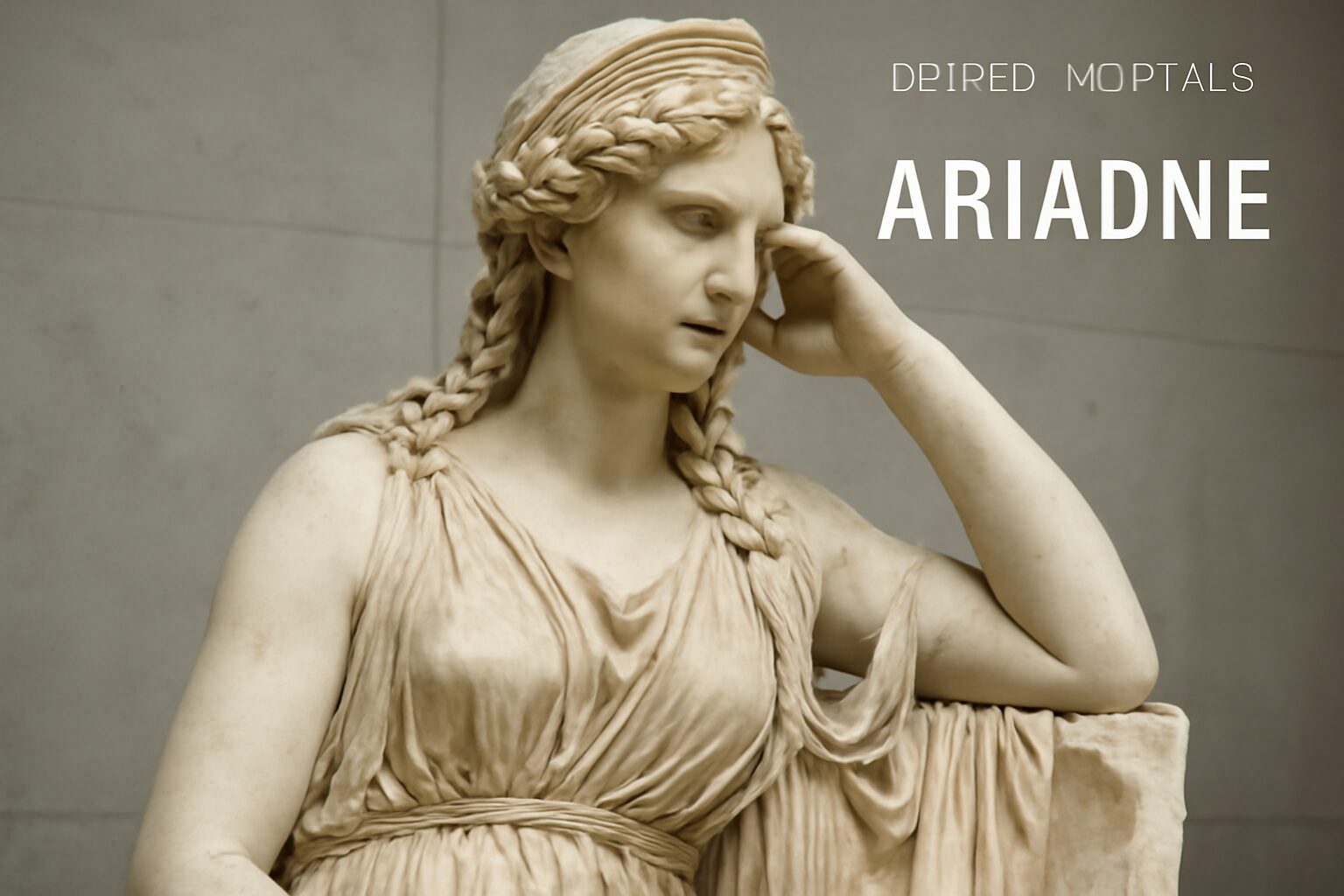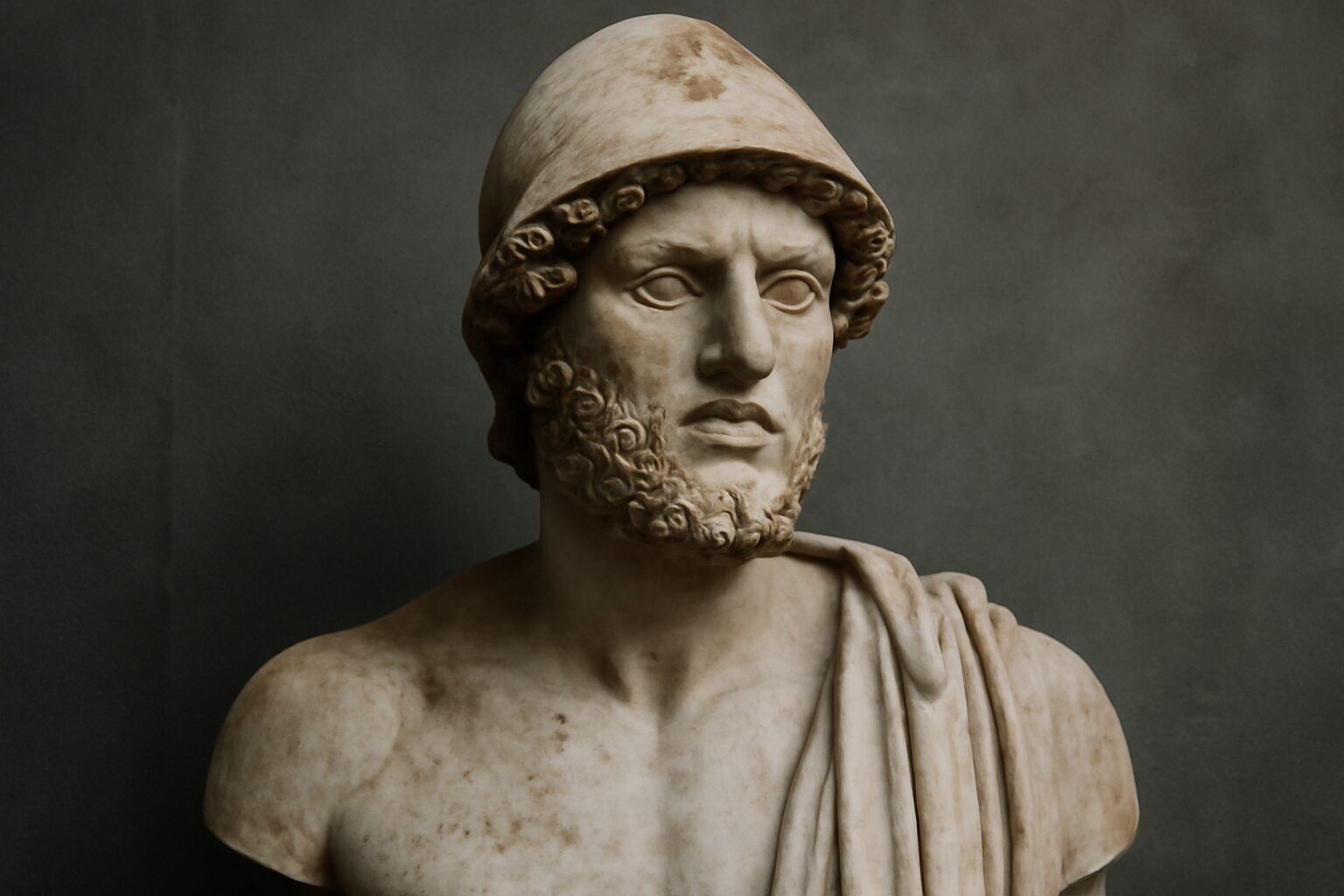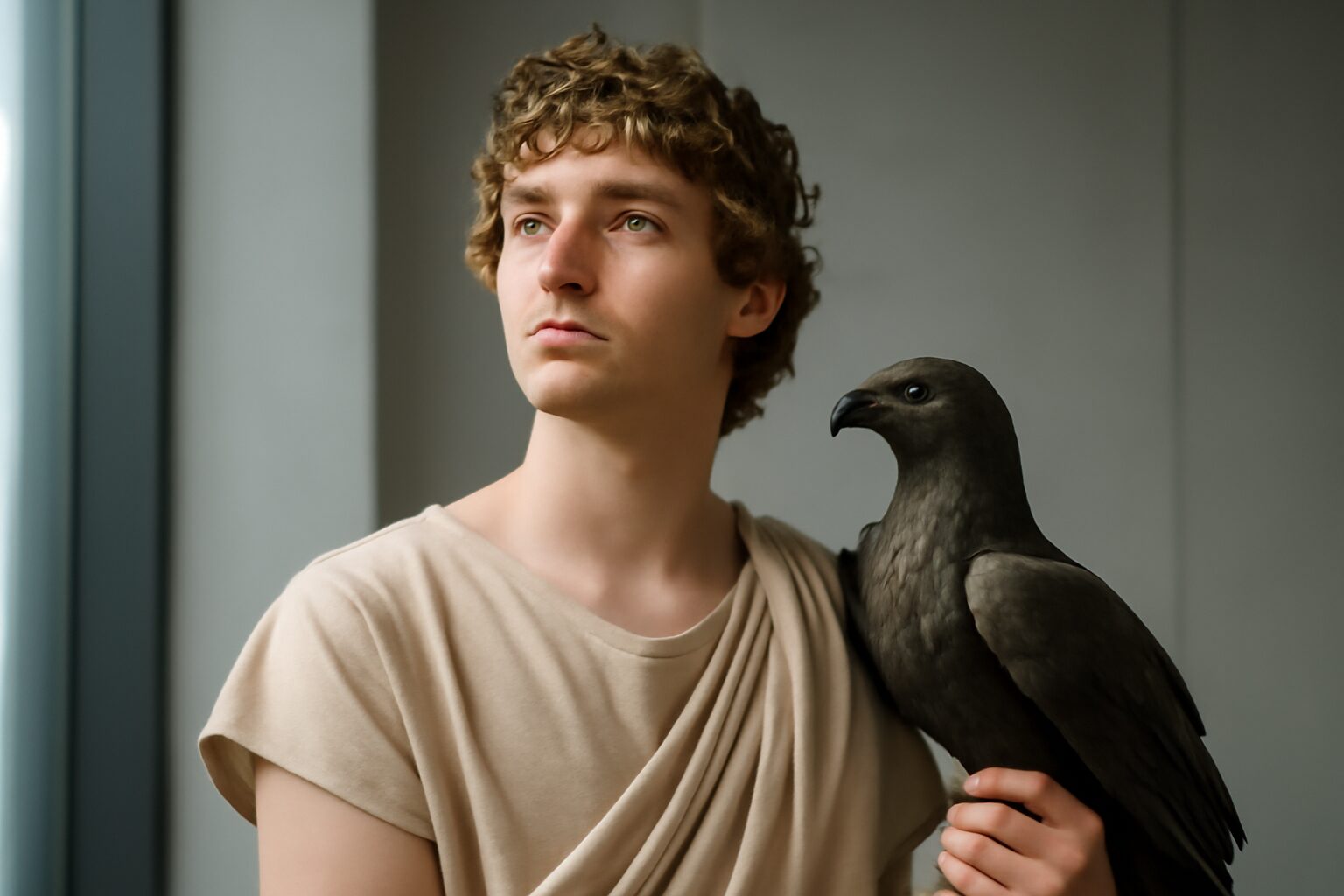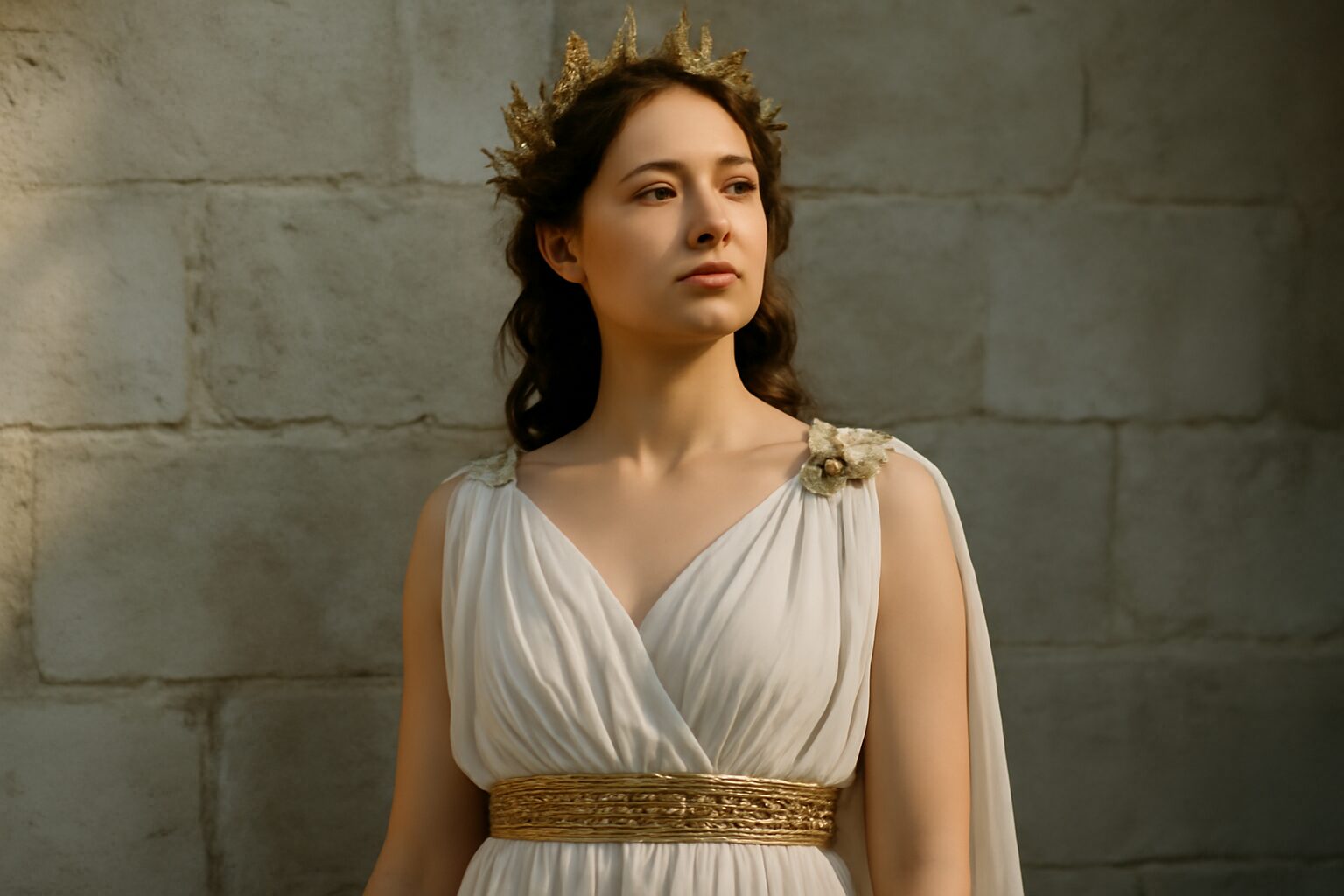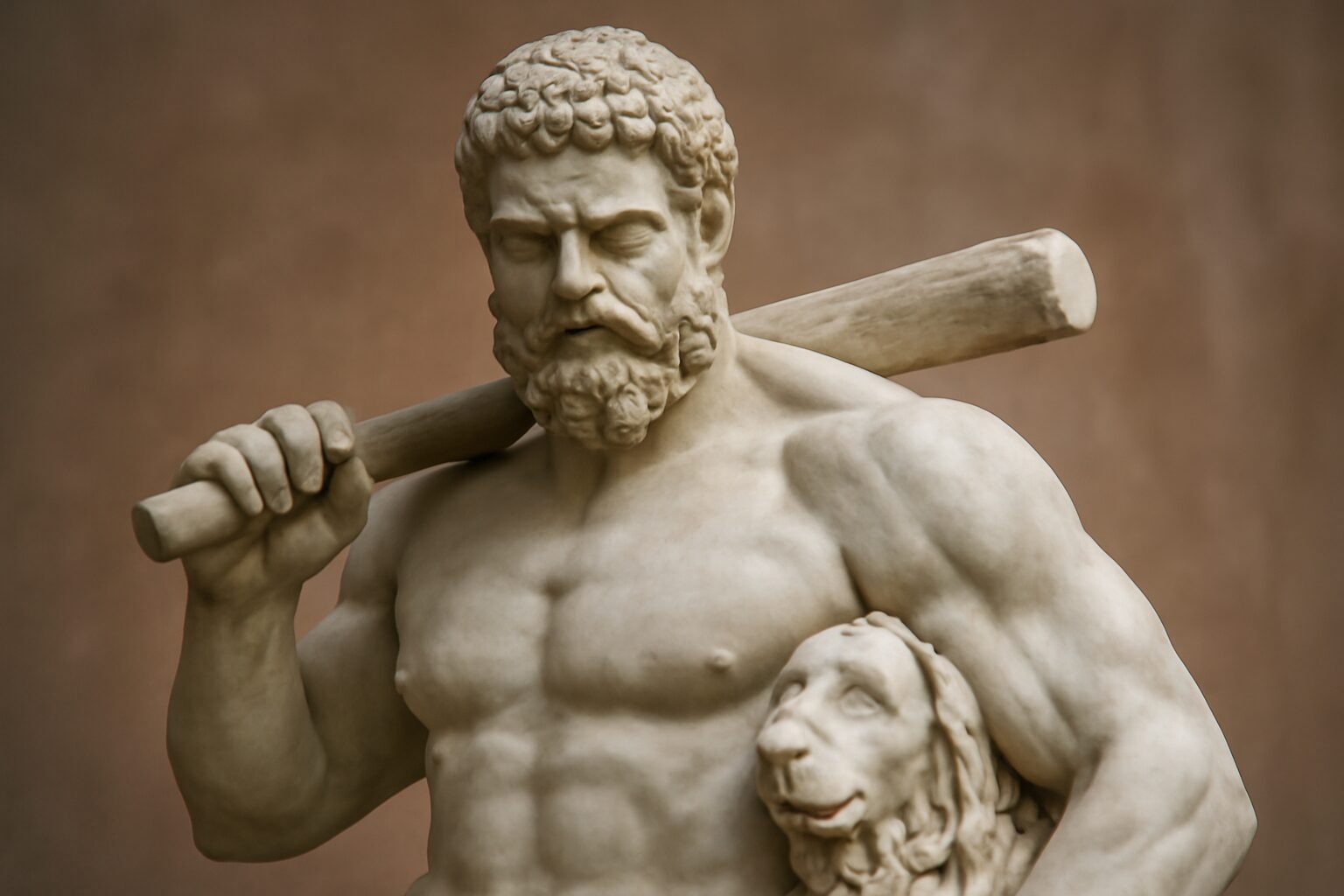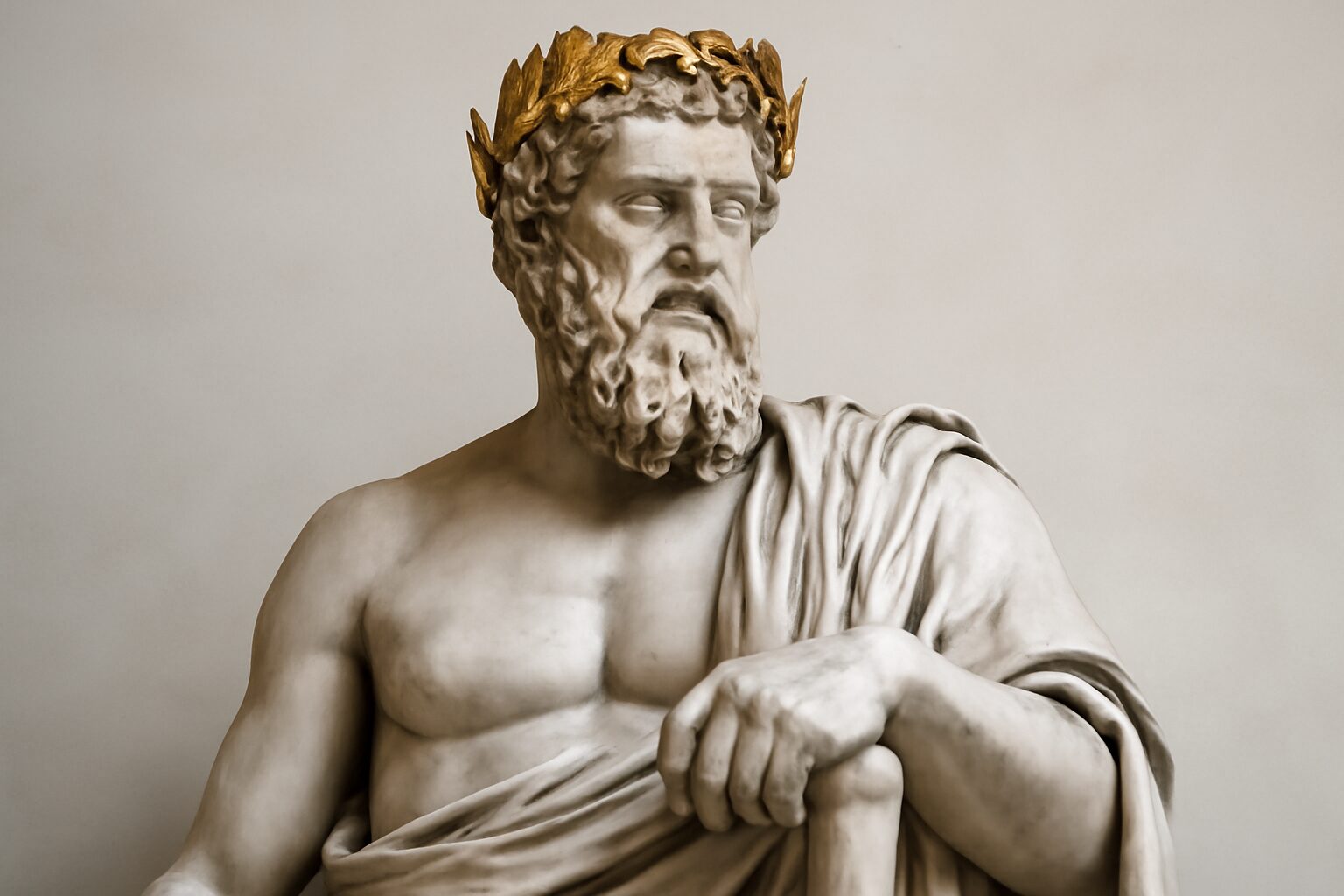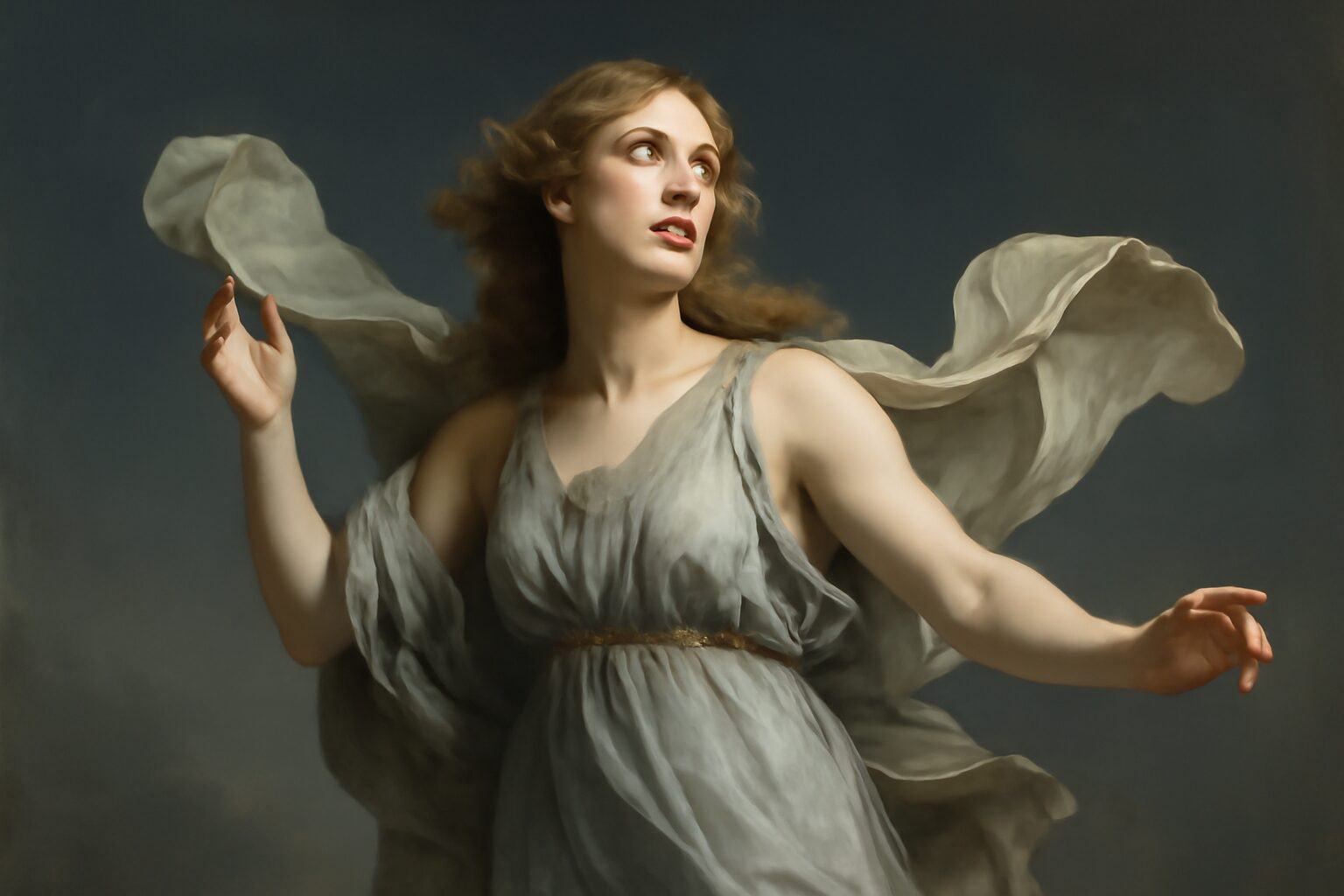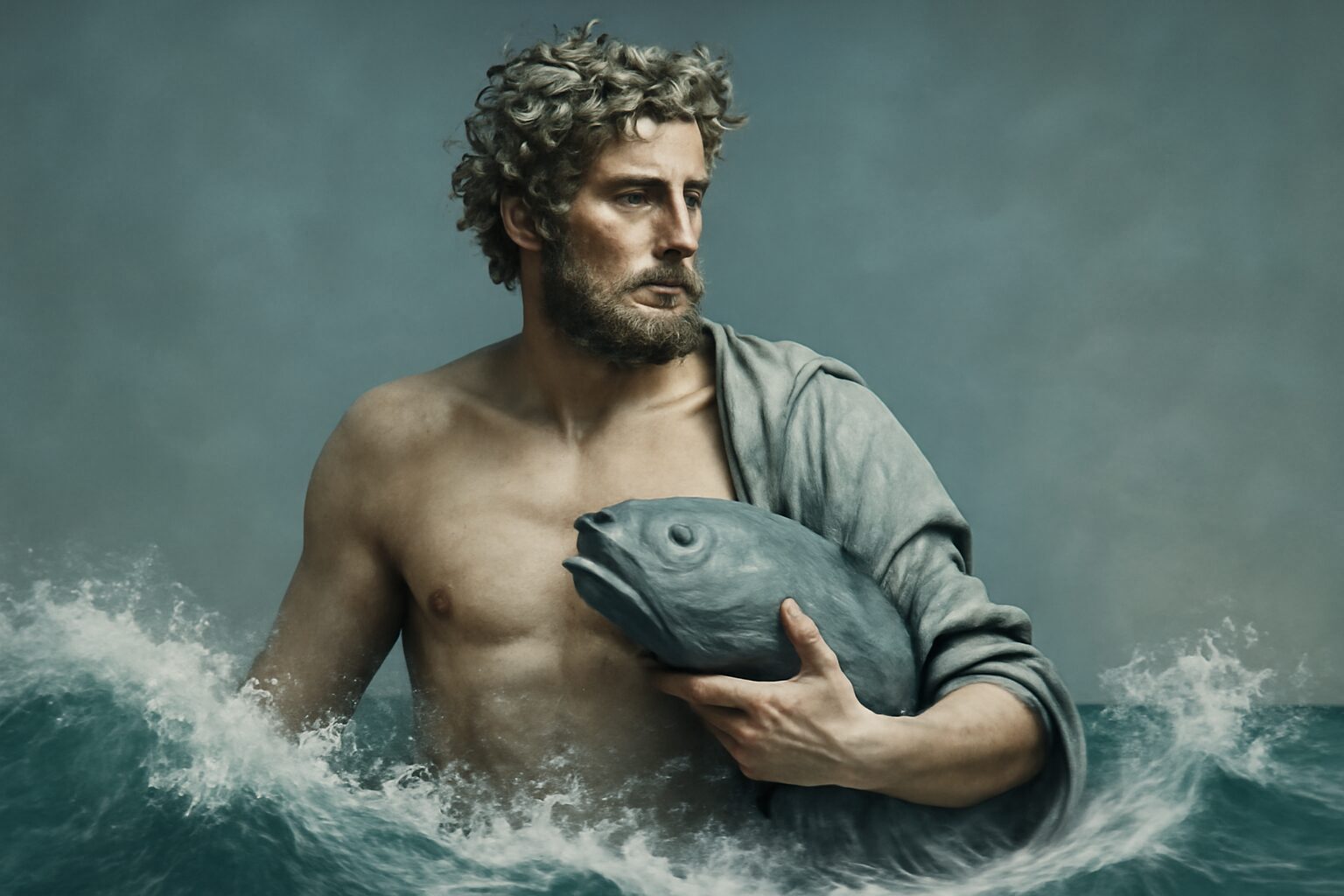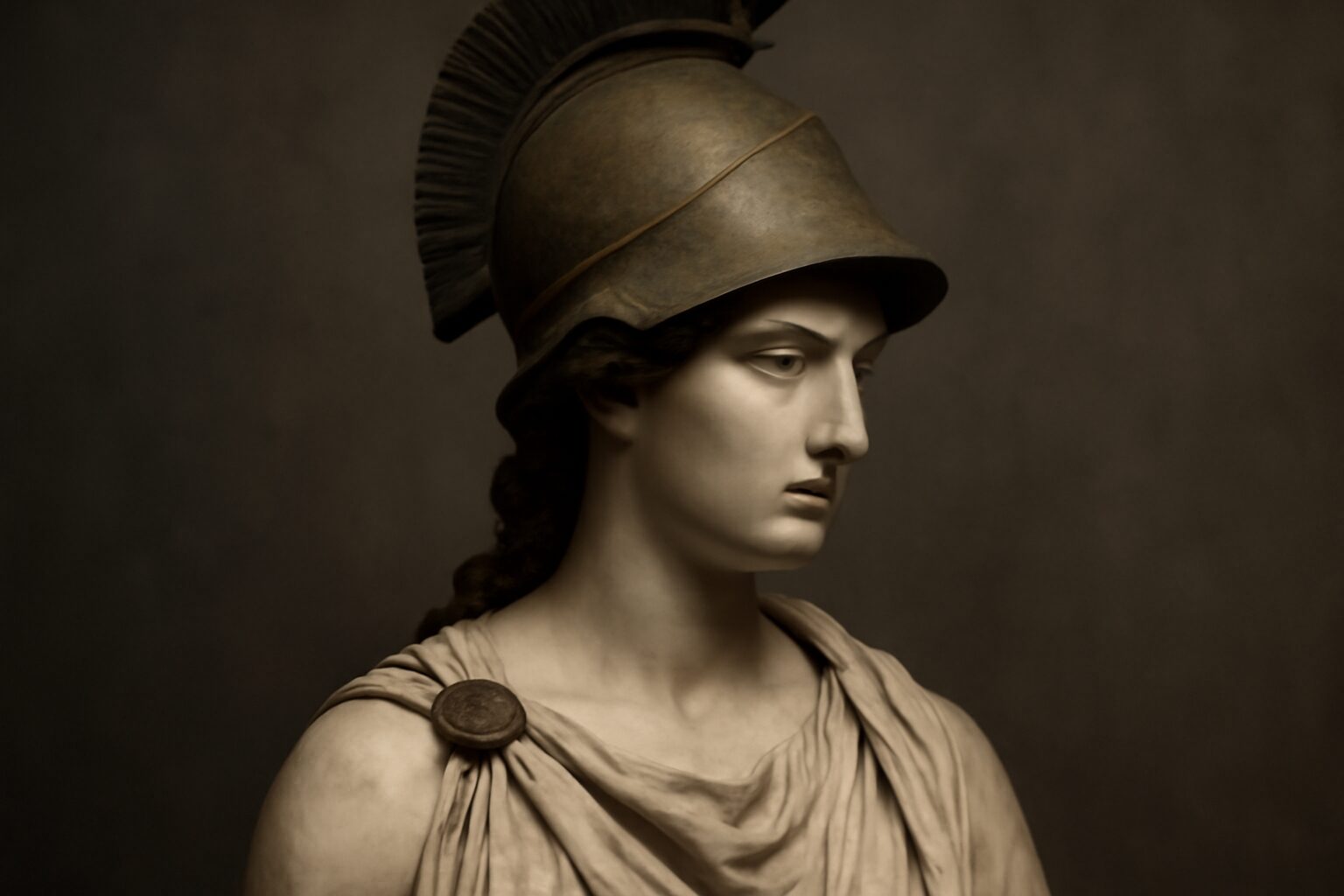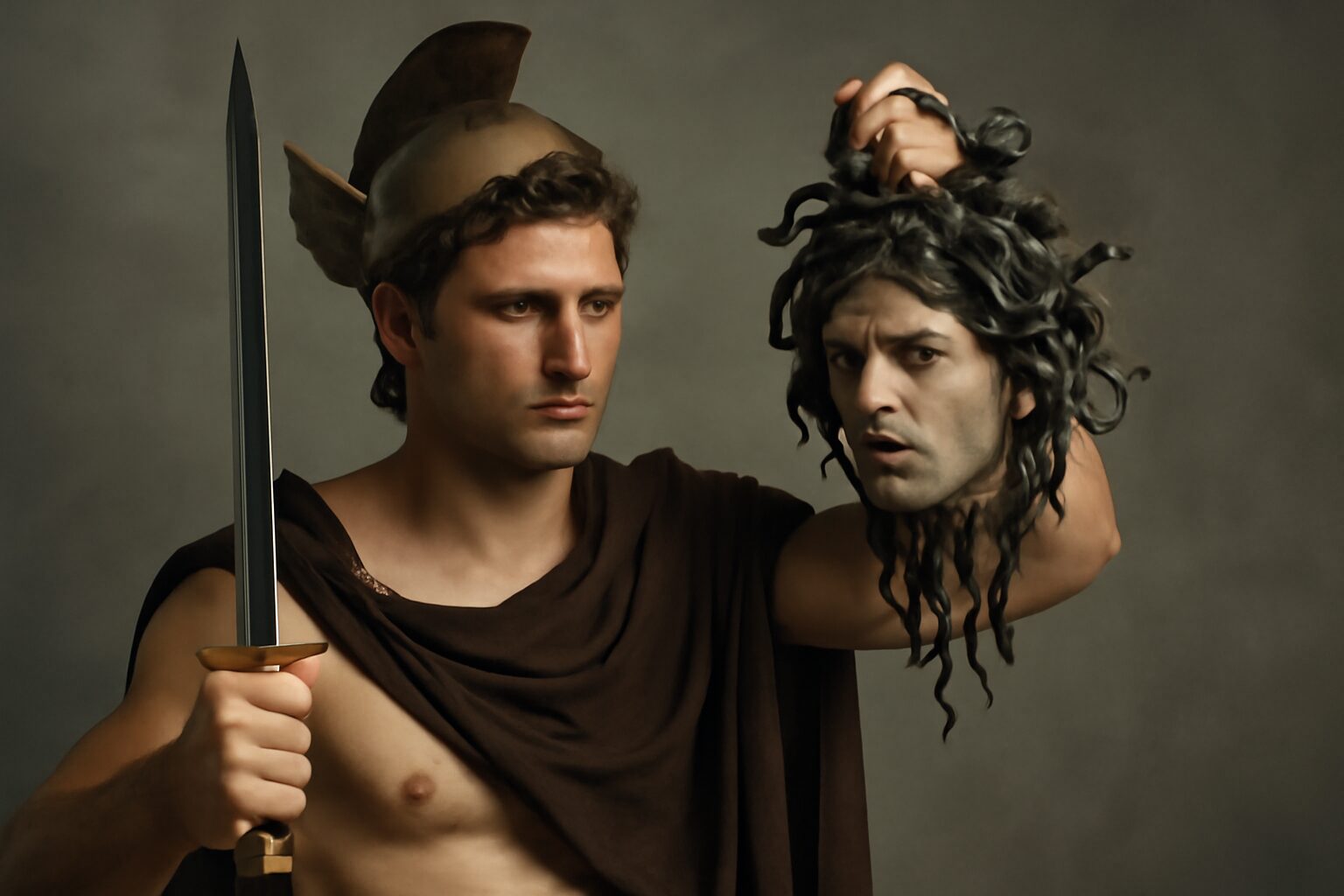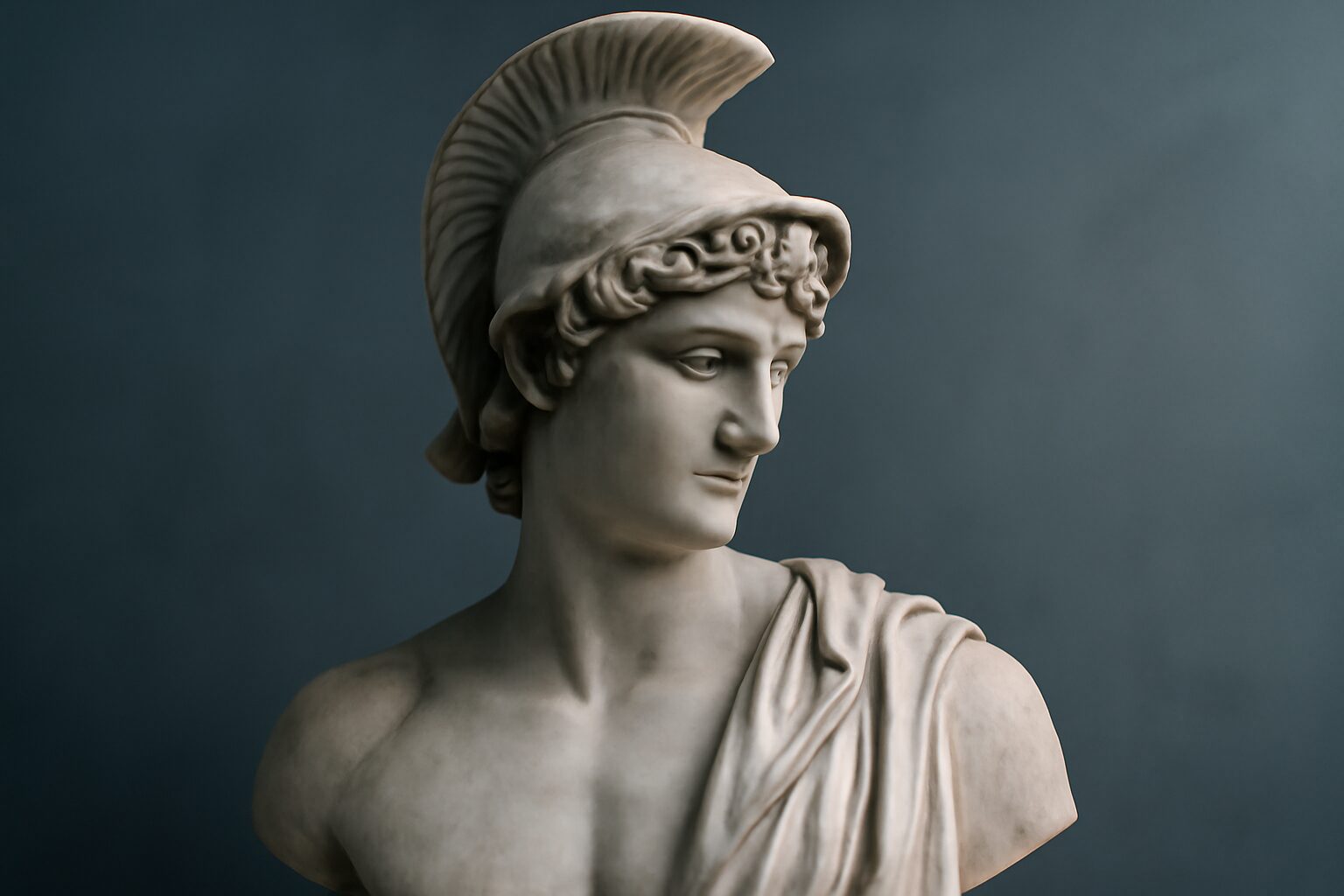Endymion: The Eternal Sleeper of Greek Mythology
Endymion is one of Greek mythology's most enigmatic figures—a mortal whose beauty and fate intertwined with the divine. Best known for his eternal slumber and his romantic connection to the moon goddess Selene, his story blends love, immortality, and celestial wonder.
The Myth of Endymion
According to legend, Endymion was a strikingly handsome shepherd or, in some versions, a king of Elis. His beauty was so extraordinary that Selene, the Titan goddess of the moon, fell deeply in love with him. Unable to bear the thought of his mortality, Selene pleaded with Zeus to grant him eternal youth. Zeus complied—but with a twist. Endymion was placed in an eternal sleep, either in a cave on Mount Latmos or in the heavens, where Selene could visit him each night.
Another version suggests Endymion himself chose eternal sleep to avoid aging, while others claim Zeus punished him for daring to love a goddess. Regardless of the variation, his myth became a symbol of undying love and the passage of time.
Powers and Significance
Unlike many Greek heroes or deities, Endymion possessed no extraordinary powers—his allure lay in his beauty and his fate. His eternal sleep made him a symbol of timelessness, often associated with the cyclical nature of the moon. Some interpretations link him to dreams, as his slumber allowed Selene to visit him in a state between life and death.
Endymion's myth also influenced later art and literature, inspiring poets like John Keats and painters who depicted Selene gazing upon her sleeping lover. His story reflects ancient Greek themes of divine favor, mortality, and the bittersweet nature of eternal youth.
Relationships and Legacy
Endymion's most famous relationship was with Selene, but some accounts suggest he had children, including Paeon (a possible ancestor of the physician-god Asclepius) and Narcissus, the youth who fell in love with his own reflection. His lineage varies in different myths, further shrouding his story in mystery.
His tale endures as a metaphor for unattainable love and the longing for immortality. Whether seen as a tragic figure or a blessed one, Endymion remains a captivating presence in Greek mythology—forever young, forever dreaming beneath the moon's gentle light.
Alternative Names for Endymion
God Name: Endymion (Roman)
In Roman mythology, Endymion retains his Greek name without significant alteration, reflecting the direct adoption of Greek deities into Roman culture with minimal name changes.
God Name: Hypnos' Beloved (Greek (Epithet))
An epithet referencing Endymion's eternal sleep and his association with Hypnos, the god of sleep, due to the myth where he is granted eternal slumber by Zeus.
God Name: The Sleeper of Latmos (Greek (Poetic))
A poetic name derived from Mount Latmos in Caria, where Endymion was said to sleep eternally, emphasizing his connection to the location of his myth.
Tales about Endymion
Endymion and Selene: The Eternal Slumber
In the moonlit hills of Caria, the handsome shepherd Endymion tended his flock by night, his beauty so radiant it caught the eye of the moon goddess Selene. Each evening, she would descend from her silver chariot to watch him sleep in a secluded cave, enraptured by his peaceful form. Unable to bear the thought of his mortality stealing him from her, Selene approached Zeus and begged for a boon: eternal youth and unending sleep for her beloved. Moved by her devotion, Zeus granted the wish, and Endymion fell into an ageless slumber, forever visited by Selene, who cradled him in moonlight, their love preserved beyond the reach of time.
The Role of Hypnos
To ensure Endymion’s sleep remained undisturbed by dreams or suffering, Selene enlisted the aid of Hypnos, the god of sleep. Hypnos wove a blanket of deepest tranquility over the slumbering shepherd, sealing him in a state of perfect rest, where neither pain nor worry could intrude. This divine intervention allowed Endymion to remain eternally youthful and serene, a living monument to love’s power to defy even death itself.
Endymion and Zeus: The Choice of Immortality
As tales of Endymion’s beauty and virtue spread across the mortal and divine realms, they reached the ears of Zeus himself. Intrigued, the king of the gods visited the mortal in disguise and was so impressed by Endymion’s humility and wisdom that he offered him a place among the immortals. However, there was a condition: Endymion must choose his own form of eternity. Presented with options—endless wakefulness, heroic death, or ageless sleep—Endymion, weary of mortal toil and sorrow, selected eternal slumber. Zeus, honoring the choice, cast the spell that sent Endymion into his famous sleep, where he would dream forever under the watchful eyes of gods and stars alike.
Echoes of the Divine
This act resonated with other deities; Hypnos blessed the sleep, while Selene, hearing of Zeus’s decree, soon after found and cherished Endymion, blending her own story with his. Thus, Endymion became a symbol of divine favor and the complex gifts of the gods, where immortality came not through battle or ambition, but through a quiet, chosen rest.
Frequently Asked Questions
Who is Endymion in Greek mythology?
Endymion was a handsome mortal shepherd or hunter in Greek mythology, known for his eternal sleep. According to legend, the moon goddess Selene fell in love with him and asked Zeus to grant him eternal youth by putting him into an everlasting slumber.
What does it mean to be a deified mortal in Greek mythology?
Deified mortals were humans who were granted god-like status or immortality by the gods, often as a reward for great deeds, beauty, or favor. This was rare in Greek mythology and showed how the gods could elevate exceptional humans to a higher status.
Why is Endymion's story important in Greek myths?
Endymion's story highlights themes of eternal love, beauty, and the relationship between mortals and gods. It shows how divine beings could interact with humans in meaningful ways, blurring the lines between mortal and immortal realms.
What can we learn from the myth of Endymion today?
The myth teaches about the power of love and desire, even across boundaries (like mortal and divine). It also reflects ancient Greek views on beauty, youth, and the human longing for immortality or eternal rest.
Are there other deified mortals like Endymion in Greek mythology?
Yes, other examples include Heracles (granted immortality after his labors) and Psyche (a mortal who became a goddess). These stories often reward perseverance, virtue, or extraordinary relationships with the gods.

